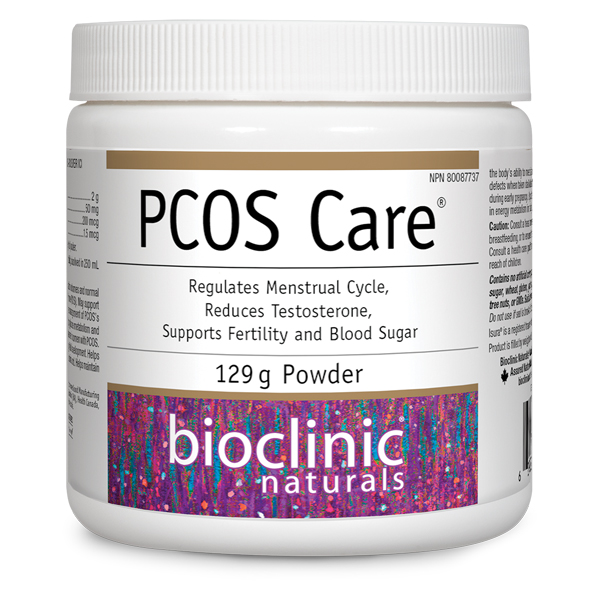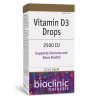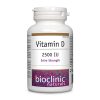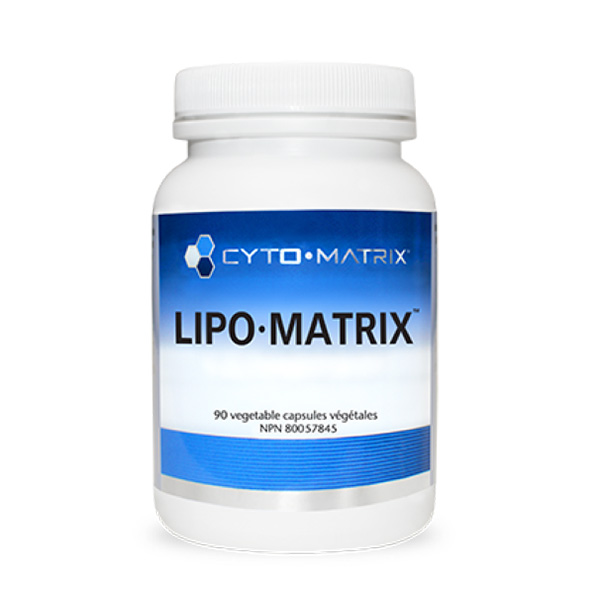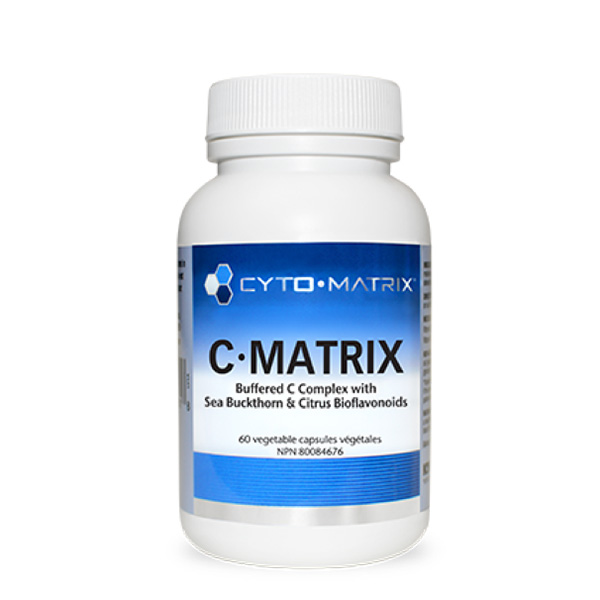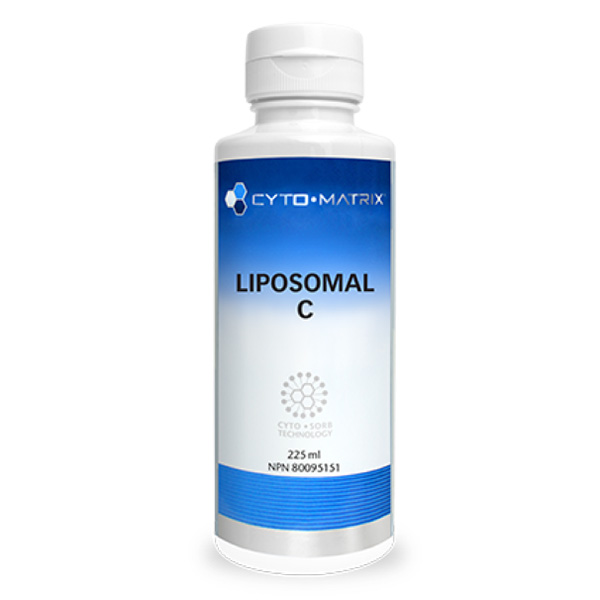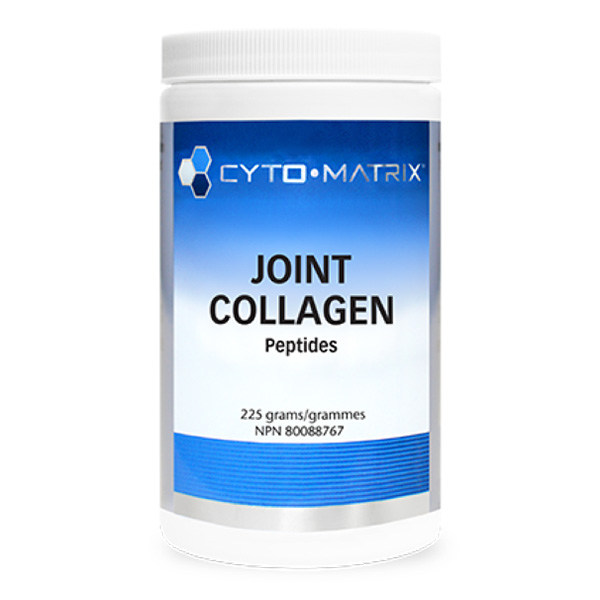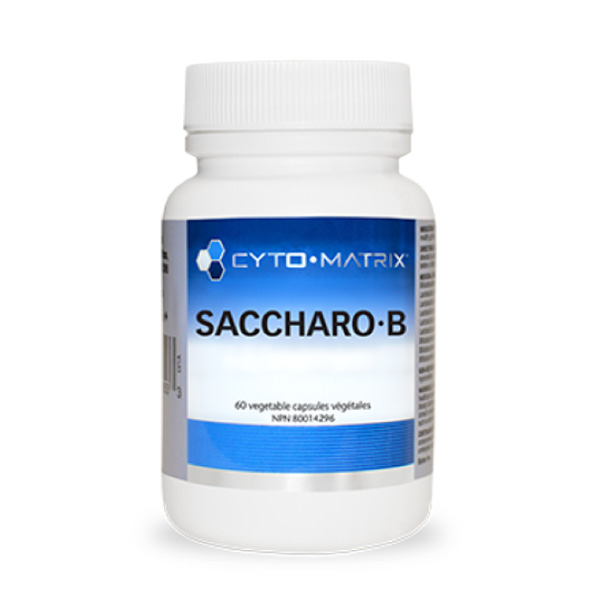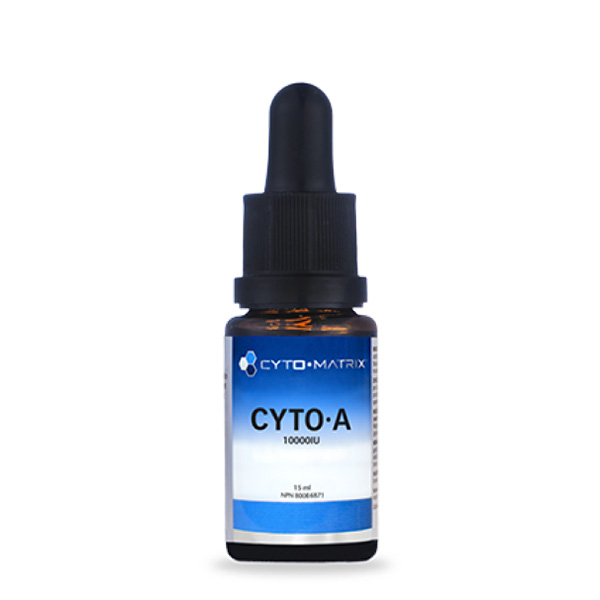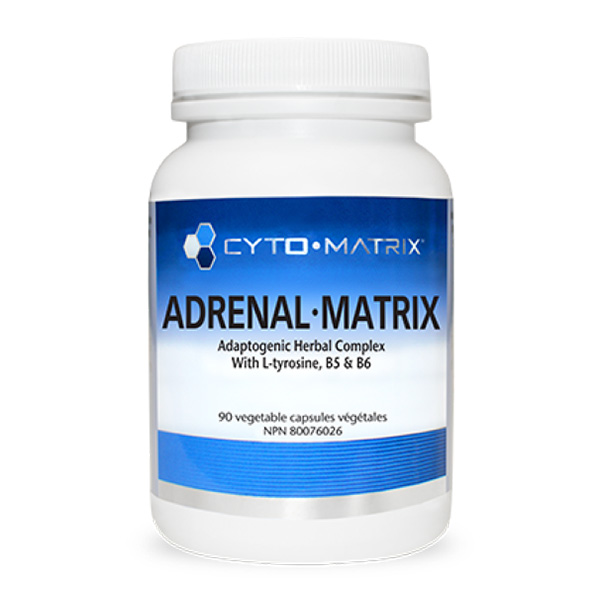Bioclinic – PCOS Care® – 129g

$35.99
- Provides recommended 40 to ?1 ratio of myo to D-chiro inositol
- Contains naturally occurring forms of inositol, clinically shown to have complementary effects on both metabolic and ovarian function among women with PCOS
- Includes methylcobalamin and activated folate (L-5-MTHF) for optimal fertility and pregnancy outcomes
- Unflavoured powder allows for easy twice-per-day dosing
Benefits
- Provides recommended 40 to ?1 ratio of myo to D-chiro inositol
- Contains naturally occurring forms of inositol, clinically shown to have complementary effects on both metabolic and ovarian function among women with PCOS
- Includes methylcobalamin and activated folate (L-5-MTHF) for optimal fertility and pregnancy outcomes
- Unflavoured powder allows for easy twice-per-day dosing
Feature Summary
PCOS CARE® provides the two most common, naturally occurring, and complementary forms of inositol, clinically shown to improve both ovarian and metabolic function in women with polycystic ovarian syndrome (PCOS). Many clinical trials with myo-inositol have shown a positive effect on spontaneous ovulation and on human oocyte meiotic maturation and quality, as well as improvements in metabolic risk factors and reductions in androgen levels among women with PCOS. In a recent meta-analysis of seven trials, myo-inositol was shown to increase pregnancy rates among subfertile women undergoing ovulation induction for ICSI or IVF-ET, as well as to reduce the number of unsuitable oocytes and ovulation medications needed.
Similarly, D-chiro-inositol has been shown to improve ovarian function and metabolism, including improvements in cycle regularity, blood pressure, HOMA index, and hormones such as insulin and LH. In PCOS Care, these complementary nutrients are combined in the 40:1 ratio that has been shown to improve metabolic symptoms and IVF outcomes among women with PCOS more effectively than myo-inositol alone, and at the dosing ratio recommended by the International Consensus Conference on myo-inositol and D-chiro-Inositol.
Medicinal Ingredients
| Each Serving (2.15 g) Contains: | |
| Myo-inositol | 2 g |
| D-chiro-inositol | 50 mg |
| Folate (L-5-Methyltetrahydrofolate, calcium salt) | 200 mcg |
| Vitamin B12 (Methylcobalamin) | 1.5 mcg |
Non-Medicinal Ingredients
Organic Oryza sativa (rice) hull powder.
Dosage:
Recommended Adult Dose: 1 serving (2.15 g) twice daily dissolved in 250 mL of water or as directed by a health care practitioner.
Warnings:
Consult a health care practitioner prior to use if you are pregnant or breastfeeding, or to ensure a timely treatment of a serious cause of infertility. Consult a health care practitioner if symptoms persist or worsen. Keep out of reach of children.
Allergens:
Contains no artificial colours, preservatives, or sweeteners; no dairy, starch, sugar, wheat, gluten, yeast, soy, egg, fish, shellfish, animal products, salt, tree nuts, or GMOs. Suitable for vegetarians/vegans. Sealed for your protection. Do not use if seal is broken. For freshness, store in a cool, dry place.
Contraindications
No known contraindications.
Drug Interactions
Myo-inositol has been shown to enhance the efficacy of clomiphene. When given with folic acid, it improved ovulation rates (65.5%) compared to clomiphene alone (42%), as well as pregnancy rates (53.8% combined use vs. 42.2% clomiphene alone). Medication dosage to control hyperglycemia may need monitoring, as myo-inositol has benefits on insulin sensitivity similar to metformin.
- Gerli S, Papaleo E, Ferrari A, et al. Randomized, double blind placebo-controlled trial: effects of myo-inositol on ovarian function and metabolic factors in women with PCOS. Eur Rev Med Pharmacol Sci. 2007; 11(5):347-354. PMID: 18074942.
- Regidor PA, Schindler AE, Lesoine B, et al. Management of women with PCOS using myo-inositol and folic acid. New clinical data and review of the literature. Horm Mol Biol Clin Investig. 2018; 34(2). Pii PMID: 29498933.
- Unfer V, Facchinetti F, Orrù B, et al. Myo-inositol effects in women with PCOS: a meta-analysis of randomized controlled trials. Endocr Connect. 2017; 6(8):647-658. PMID: 29042448.
- Costantino D, Minozzi G, Minozzi E, et al. Metabolic and hormonal effects of myo-inositol in women with polycystic ovary syndrome: a double-blind trial. Eur Rev Med Pharmacol Sci. 2009; 13(2):105-110. PMID: 19499845.
- Zheng X, Lin D, Zhang Y, et al. Inositol supplement improves clinical pregnancy rate in infertile women undergoing ovulation induction for ICSI or IVF-ET. Medicine (Baltimore). 2017; 96(49):e8842. PMID: 29245250.
- Formuso C, Stracquadanio M, Ciotta L. Myo-inositol vs. D-chiro inositol in PCOS treatment. Minerva Ginecol. 2015; 67(4):321-325. PMID: 25670222.
- Laganà AS, Barbaro L, Pizzo A. Evaluation of ovarian function and metabolic factors in women affected by polycystic ovary syndrome after treatment with D-Chiro-Inositol. Arch Gynecol Obstet. 2015; 291(5):1181-1186. PMID: 25416201.
- Genazzani AD, Santagni S, Rattighieri E, et al. Modulatory role of D-chiro-inositol (DCI) on LH and insulin secretion in obese PCOS patients. Gynecol Endocrinol. 2014; 30(6):438-443. PMID: 24601829.
- Facchinetti F, Bizzarri M, Benvenga S, et al. Results from the International Consensus Conference on Myo-inositol and D-chiro-inositol in Obstetrics and Gynecology: the link between metabolic syndrome and PCOS. Eur J Obstet Gynecol Reprod Biol. 2015; 195:72-76. PMID: 26479434.
- Nordio M, Proietti E. The combined therapy with myo-inositol and D-chiro-inositol reduces the risk of metabolic disease in PCOS overweight patients compared to myo-inositol supplementation alone. Eur Rev Med Pharmacol Sci. 2012; 16(5):575-581. PMID: 22774396.
- Colazingari S, Treglia M, Najjar R, et al. The combined therapy myo-inositol plus D-chiro-inositol, rather than D-chiro-inositol, is able to improve IVF outcomes: results from a randomized controlled trial. Arch Gynecol Obstet. 2013; 288(6):1405-1411. PMID: 23708322.
- Pizzo A, Laganà AS, Barbaro L. Comparison between effects of myo-inositol and D-chiro-inositol on ovarian function and metabolic factors in women with PCOS. Gynecol Endocrinol. 2014; 30(3):205-208. PMID: 24351072.
- Rolland AL, Peigné M, Plouvier P, et al. Could myo-inositol soft gel capsules outperform clomiphene in inducing ovulation? Results of a pilot study. Eur Rev Med Pharmacol Sci. 2017; 21(2 Suppl):10-14. PMID: 28724178.
- Fruzzetti F, Perini D, Russo M, et al. Comparison of two insulin sensitizers, metformin and myo-inositol, in women with polycystic ovary syndrome (PCOS). Gynecol Endocrinol. 2017; 33(1):39-42. PMID: 27808588.
| Weight | 0.1 kg |
|---|

